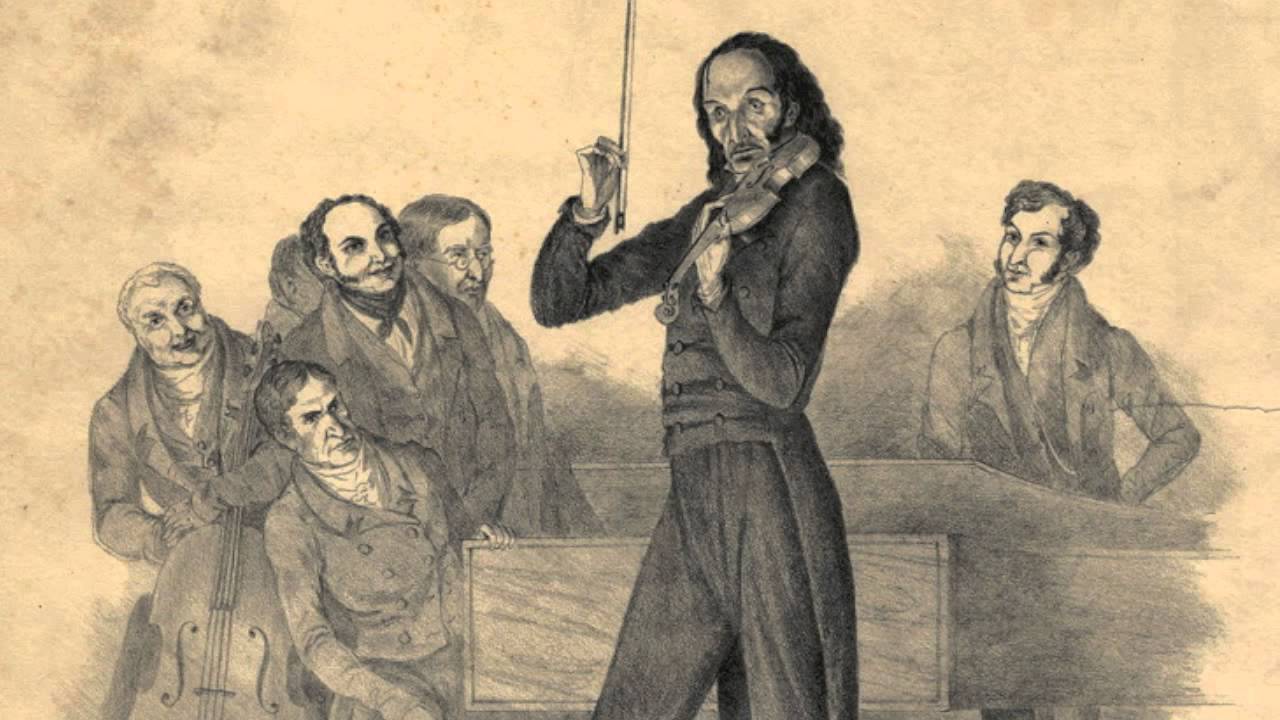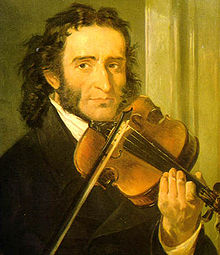Nicolò Paganini was one of the most celebrated violinists of his time, and a pioneer of the Romantic era of music. He was born in Genoa, Italy, on October 27, 1782, to a musical family. His father, Antonio, was a mandolin player and taught Nicolò the basics of music. Nicolò soon showed a remarkable talent for the violin and was sent to study with various teachers in Genoa and Parma.
Paganini’s career as a performer began when he was only 12 years old, playing in public concerts and impressing audiences with his virtuosic technique and expressive style. He soon became famous throughout Italy and Europe, touring extensively and playing for royalty and nobility. He also composed many works for the violin, including 24 caprices, six violin concertos, and numerous sonatas and variations. His music was innovative and challenging, often requiring unconventional techniques such as harmonics, pizzicato, double stops, and scordatura.
Paganini’s life was also full of drama and controversy. He suffered from various health problems, such as tuberculosis, syphilis, and a genetic disorder that made his joints flexible but weak. He also had a gambling addiction that led him to lose his fortune several times. He was rumored to have sold his soul to the devil in exchange for his extraordinary skills, and some people even accused him of being a murderer or a cannibal. He had many romantic affairs, but never married. He had one son, Achille, with his long-time partner Antonia Bianchi.
Paganini died in Nice, France, on May 27, 1840, at the age of 57. His legacy as a violinist and composer is immense, influencing generations of musicians such as Liszt, Schumann, Brahms, Rachmaninoff, and Ysaÿe. He is widely regarded as one of the greatest violinists of all time, and his music remains popular and challenging to this day.


Comments are closed